Exposing The Shocking Tradition Of Chhaupadi, Where Women On Their Period Are Banned From Public Places
A powerful set of new images released by WaterAid today highlights just how difficult it is ‘To Be A Girl’ in cultures where menstruation is deemed taboo.

Celebrity news, beauty, fashion advice, and fascinating features, delivered straight to your inbox!
You are now subscribed
Your newsletter sign-up was successful
A powerful set of new images released by WaterAid today highlights just how difficult it is ‘To Be A Girl’ in cultures where menstruation is deemed taboo.
A powerful set of new images released by WaterAid today highlights just how difficult it is ‘To Be A Girl’ in cultures where menstruation is deemed taboo.
Can you even imagine being banished from your local community, just because you were on your period? Banned from work, school and even your own home? Unfortunately thousands of women go through this humiliating ordeal every month in countries like Nepal, where Chhaupadi is still a very real tradition.
Chhaupadi sees women and girls ousted from public places during their ‘time of the month’, as they are considered to be dirty and impure. Isolated in makeshift sheds away from their homes for days, their living conditions are unhygienic, food is scarce and they lack clean water to drink and wash with. If their local Chhaupadi hut is full, then the women are forced to sleep on the ground outside with only mosquito nets for protection. Their safety and dignity are completely compromised in these circumstances and rape, animal attacks like snake bites and hypothermia in the freezing Nepalese winters, are regular, serious consequences. Many women have also been known to die from asphyxiation after making fires in the huts.
‘Women and girls cannot touch water sources or nutritious food such as milk and meat while on their period, as people think they will contaminate the sources,’ a WaterAid statement explained of the belief system. ‘For example, if they drink milk, then the buffalo will fall ill. They are brought plain rice and water by their family.’
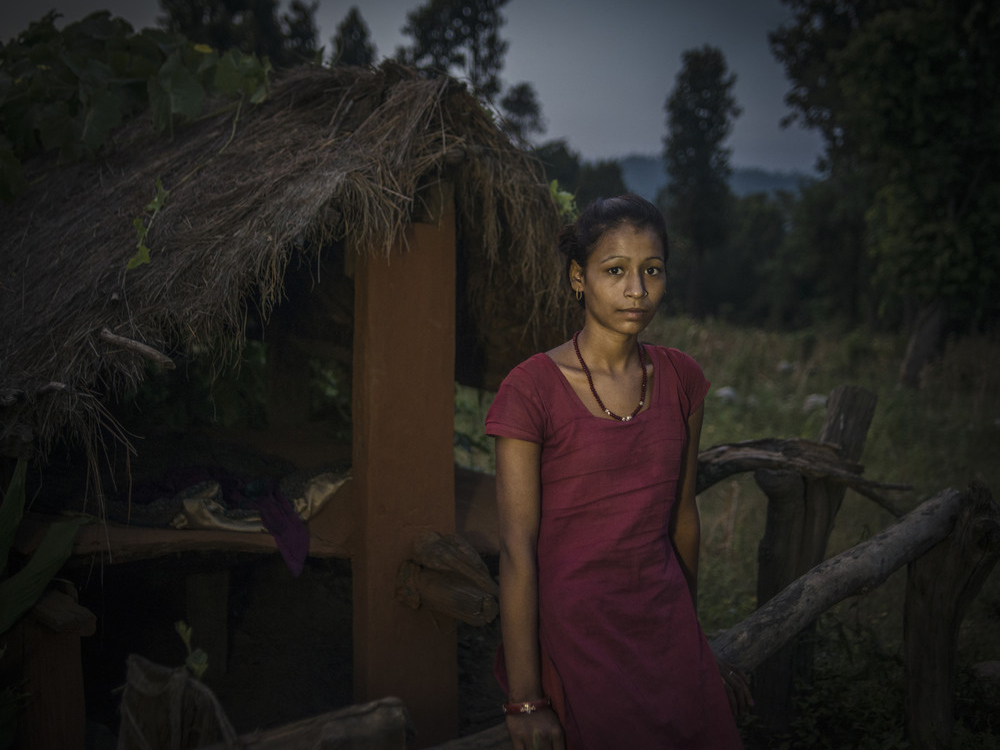
Radha, from the Surkhet District in Nepal, is only 16 but during her period she isn’t allowed to enter the house, eat anything but boiled rice, or touch other women as she will ‘pollute’ them. If she enters a temple or worships at all, her gods will be furious and take their revenge, by sending snakes or some other calamity.
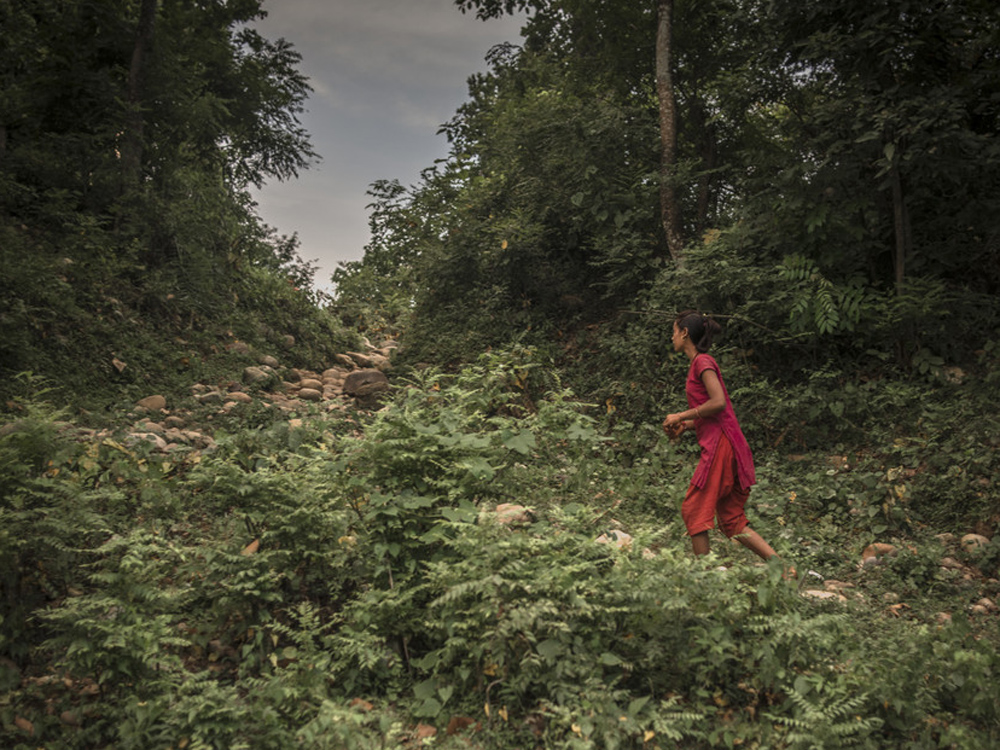
During menstruation, Radha and other girls from the village sleep in a shed, away from the village, small (4ft square) and open to the elements. There is barely room for one person to lie down.
Celebrity news, beauty, fashion advice, and fascinating features, delivered straight to your inbox!
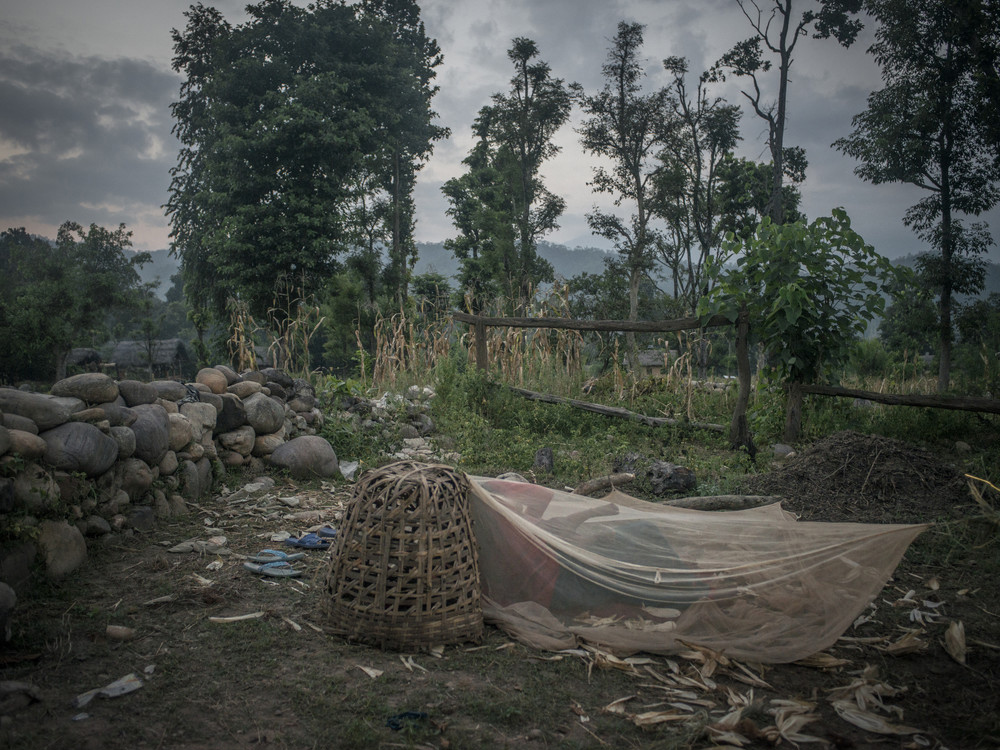
If the shed is too full, then girls and women must find other options. Pabitra Pariyar 14, prepares for a night outside with only a mosquito net for protection.
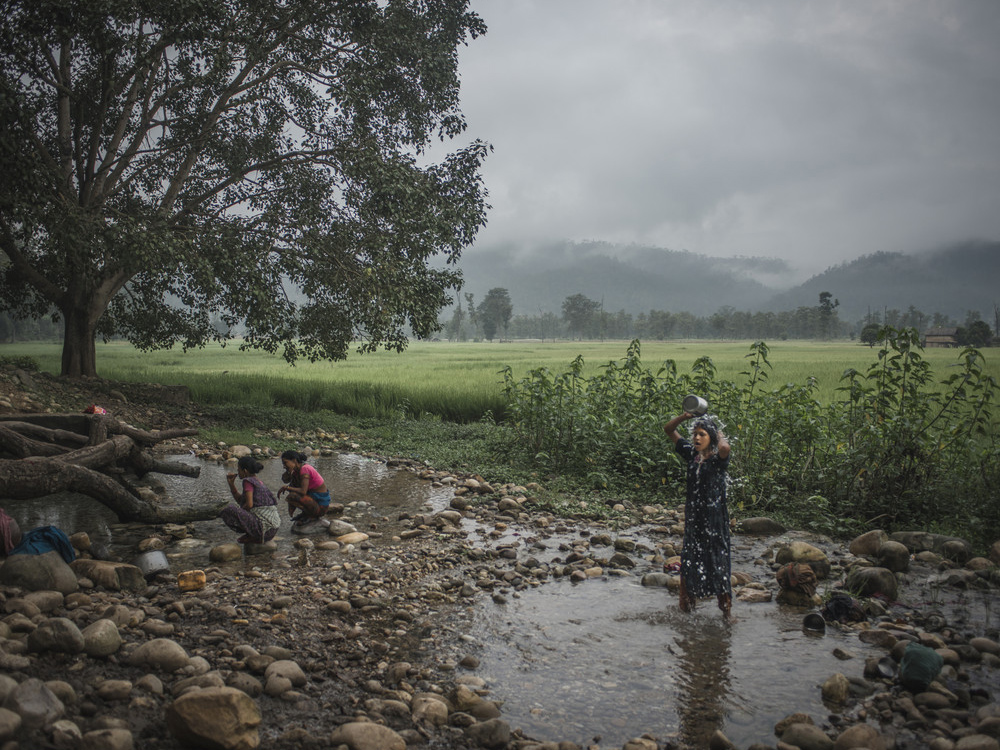
Women and girls are not allowed to touch the water point. Here Mangu Bika, 14, washes at a separate source for girls who are on their period.
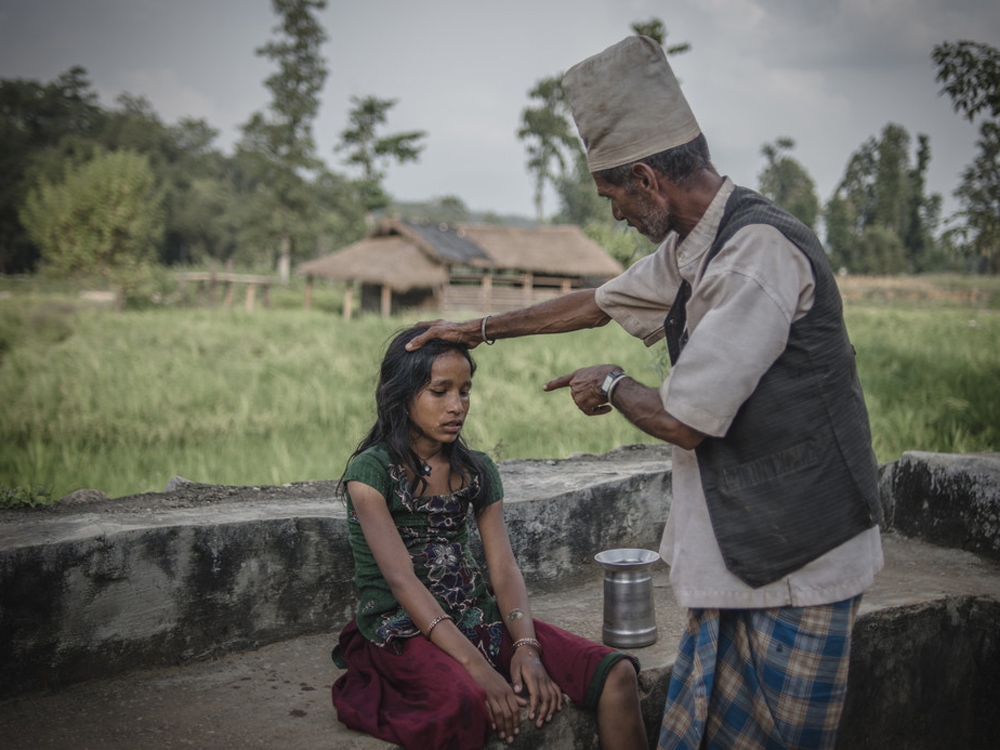
Devi Ram Dhamala, traditional healer, 59, heals a young girl. Traditional healers often use extreme verbal and physical abuse to heal young girls who are ill during menstruation or even otherwise, believing they are possessed by evil spirit.

Sometimes as many as 4 or 5 women sleep in the Chhaupadi hut. If mothers are breastfeeding, their babies stay with them too.
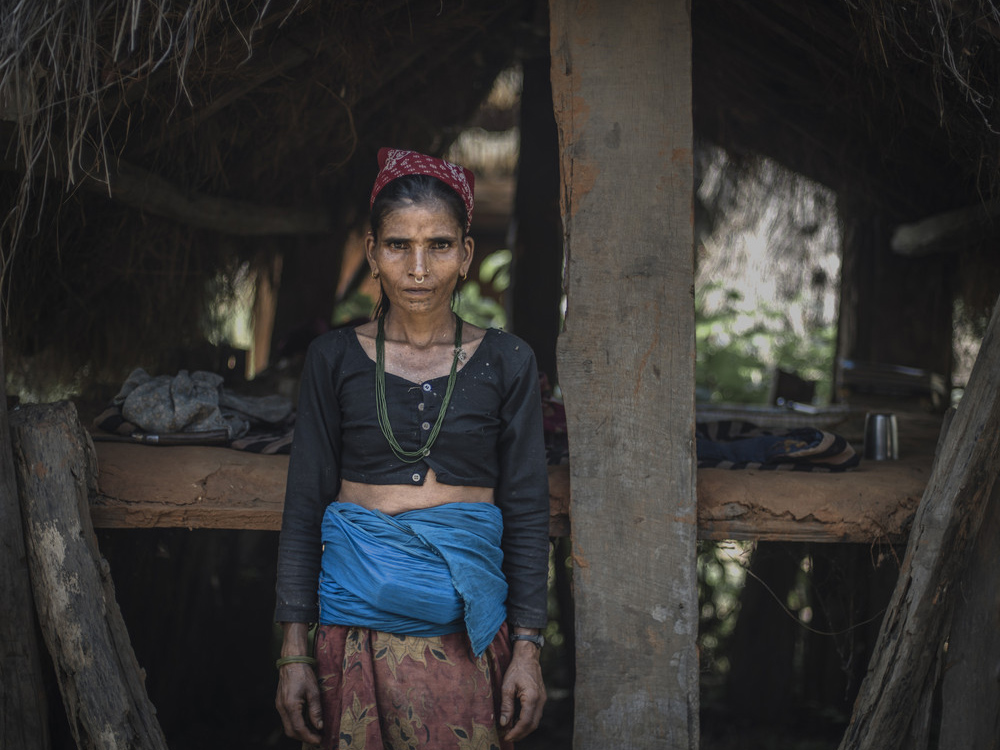
Nandakala New Pane, 42, said: “Of course I hate it. In the winter it’s cold. In the summer it’s hot. The restrictions are stifling and unfair. Why should the gods punish us? Why should women be punished? But what the hell can we do?"
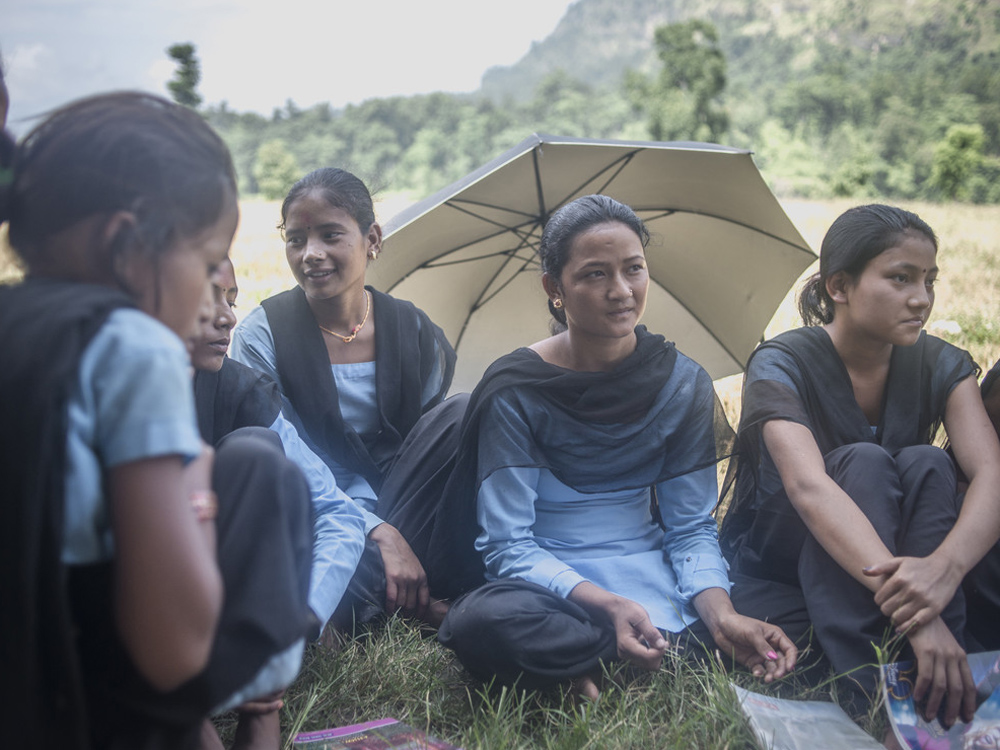
WaterAid’s To Be A Girl campaign is shedding light on the thousands of women and girls around the world whose basic human rights are compromised due to these shocking 'traditions' and a lack of safe water and toilet facilities.
The charity is aiming to raise £1m and the UK Government will match all donations.
Find out more at www.tobeagirl.org. All photos by WaterAid/ Poulomi Basu